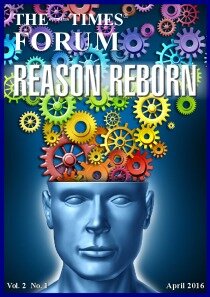Early childhood is one of the most important but also most at-risk areas in Australian education, according to a new report by the Mitchell Institute at Victoria University.
Today’s report, Quality Early Education for All finds that better access to quality early years services improves children’s capabilities and wellbeing that in turn lifts school outcomes and national productivity—but these critical services aren’t getting enough support.
Mitchell Institute Director, Dr Sara Glover said governments should heed the evidence and treat early childhood education as just as vital as schooling.
“This year’s election battle is being fought across education, so it is timely for governments to look closely at what works across the whole system and target spending to get the greatest return on investment,” Dr Glover said.
“Today’s report tells us improving access to quality education in the early years must be on the table.”
The report shows that nearly five years after National Quality Standards (NQS) were introduced, a quarter of services have not been assessed and of those that have, a third are not meeting minimum standards.
More than 60,000 children start school vulnerable—less able to engage in learning or build relationships with their peers. These children show poor social skills and emotional wellbeing when they start school, then experience behaviour problems that can harm progress throughout the rest of their school years.
Most worryingly, the latest data from the Australian Early Development Census (AEDC) shows the learning and wellbeing gap between wealthiest and poorest children is widening.
While good early education could help turn some of these issues around, the report finds one in three children are not getting the number of hours needed to make a difference.
The findings also highlight a need to move away from talking about early years services as ‘child care’ that allows parents to return to work to ‘early education’, which sets children up well for a lifetime of learning.
The Mitchell Institute makes clear recommendations for change, urging governments to ensure all services meet minimum NQS levels by next year, invest in high quality intensive services in communities that need it most and introduce an early education campaign to build awareness of the importance of early years.
Dr Glover said today’s report confirms that early years development should be a policy priority.
“We need to maximise the potential of all children by providing quality early education opportunities that target areas where we can make the greatest difference.
“Getting the early years right will give Australian kids the best chance of success in life,” Dr Glover said.
The full report is available online at www.mitchellinstitute.org.au.


















 By Hugh Harris
By Hugh Harris














